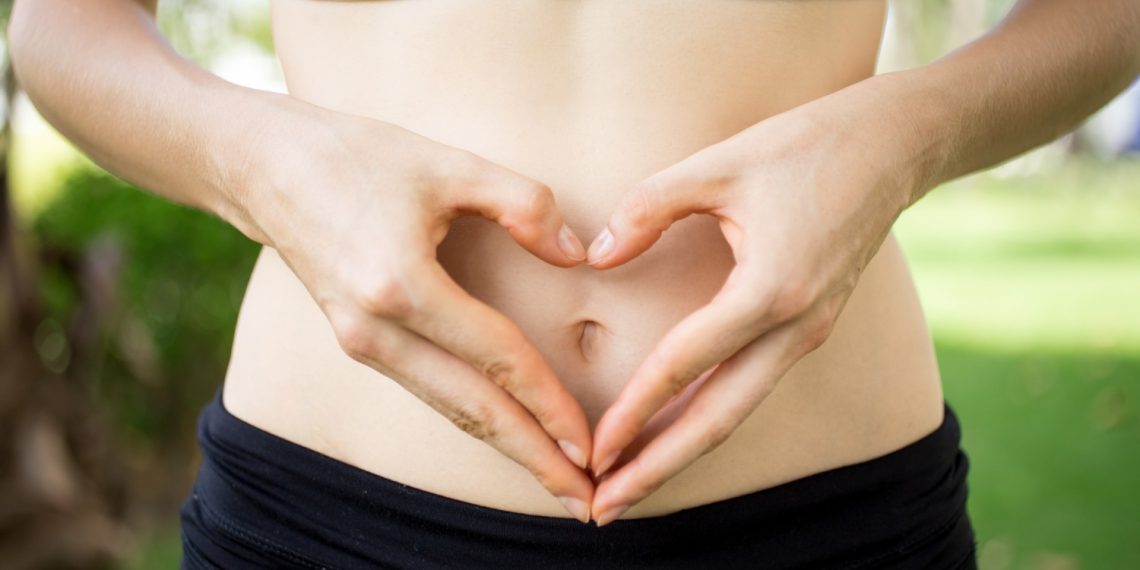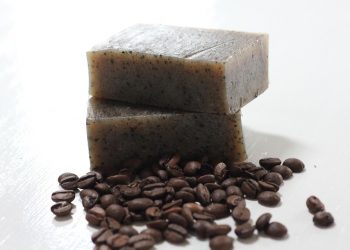The gut-skin connection is more than just a buzzword; it’s a powerful relationship that profoundly influences your beauty. You might not realize it, but what’s happening inside your body can reflect on the outside, particularly when it comes to your skin. Understanding this connection can be a game-changer for your beauty routine and overall well-being.
Contents
What is the Gut-Skin Connection?
The gut-skin connection refers to the intricate relationship between your gut health and the appearance of your skin. When your gut is in harmony, your skin tends to radiate health. Conversely, when your gut is unhappy—often due to poor diet, stress, or lack of probiotics—your skin can suffer, leading to issues like acne, eczema, or premature aging.
Why does this matter? Because you have the power to influence your skin’s appearance by making changes to what you eat and how you care for your gut. This isn’t just another trend; it’s a fundamental aspect of beauty that deserves your attention.
1. The Role of Gut Microbiome in Skin Health
Your gut is home to trillions of microorganisms, collectively known as the microbiome. This community plays an essential role in your overall health, including your skin. A balanced microbiome can help:
- Reduce Inflammation: A healthy gut can minimize inflammation that leads to skin conditions like acne and rosacea.
- Boost Immunity: A strong immune system helps your skin ward off infections and irritations.
But if your gut is out of balance, it can lead to skin problems. Research shows that dysbiosis, or an imbalance in gut bacteria, can contribute to skin issues. This means that nurturing your gut can directly impact your skin’s clarity and texture.
2. How Diet Impacts Your Skin
What you put on your plate matters. The gut-skin connection is influenced heavily by your diet. Here’s how:
- Sugar and Processed Foods: These can lead to inflammation and are often linked to increased acne flare-ups and dull skin.
- Fruits and Vegetables: A diet rich in antioxidants helps fight free radicals, promoting brighter, healthier skin.
- Fermented Foods: Think yogurt, kefir, and kimchi. These foods introduce beneficial bacteria to your gut, which can have a positive effect on your skin.
Eating mindfully is not just about nourishing your body; it’s also about nourishing your skin.
3. Stress and Its Impact on Gut Health
Stress is a silent enemy, wreaking havoc on your gut and, subsequently, your skin. When you’re stressed, your body produces cortisol, which can lead to:
- Increased Oil Production: This can result in acne and breakouts.
- Skin Conditions: Stress can exacerbate conditions like eczema or psoriasis.
Finding ways to manage your stress—through yoga, meditation, or even simple breathing exercises—can have a ripple effect on both your gut and skin health.
4. Hydration: The Unsung Hero
Let’s talk about water. Hydration is vital for both gut and skin health. When you’re dehydrated, your body struggles to maintain optimal function, including:
- Digestive Health: A well-hydrated gut can process food better and promote healthier bacteria.
- Skin Elasticity: Hydrated skin is plump and youthful, while dehydration can lead to fine lines and dryness.
Make it a habit to drink water throughout the day. Your skin will thank you.
5. The Impact of Probiotics on Beauty
Probiotics are your gut’s best friends. These beneficial bacteria can help restore balance in your microbiome, leading to:
- Clearer Skin: Studies have shown that probiotics can reduce acne and improve overall skin appearance.
- Fewer Allergies: A balanced gut can help your body respond better to allergens that may trigger skin reactions.
Incorporate probiotic-rich foods into your diet or consider a high-quality supplement. Your skin will reflect your good gut health.
6. Hormonal Balance and Its Effects
Your gut and hormones are intricately linked. Hormonal imbalances can lead to skin issues like acne, especially in women. A healthy gut can help regulate hormones, promoting:
- Balanced Oil Production: This can lead to fewer breakouts.
- Less Bloating: A balanced gut can alleviate symptoms of hormonal bloating, making you feel lighter and more confident.
Pay attention to your body. If you notice hormonal fluctuations, consider focusing on gut health to help stabilize those changes.
7. Sleep: The Beauty Sleep Connection
Never underestimate the power of a good night’s sleep. Quality sleep is crucial for both gut and skin health. Lack of sleep can lead to:
- Increased Stress: A tired body produces more cortisol, affecting both gut health and skin clarity.
- Dull Skin: Sleep is when your skin repairs itself. Insufficient rest can lead to a tired, lackluster appearance.
Aim for 7-9 hours of quality sleep each night. Your gut and your skin will reap the benefits.
Bottom Line
The gut-skin connection is not just a fascinating concept; it’s a reality that can transform your approach to beauty. By nurturing your gut through diet, hydration, stress management, probiotics, and quality sleep, you can enhance your skin’s health and appearance.
So, take a moment to reflect on your habits. Are you giving your gut the love it deserves? Because when your gut thrives, your skin shines.
FAQs
1. How long does it take to see changes in skin from gut health improvements?
Typically, you may start noticing changes within a few weeks of improving your gut health through diet and lifestyle adjustments.
2. Can I take probiotics if I’m already healthy?
Absolutely! Probiotics can help maintain a balanced microbiome, supporting overall health and skin appearance.
3. What are some quick gut-friendly snacks?
Snacks like yogurt with berries, a handful of nuts, or fermented veggies can be excellent choices.
Make the connection between your gut and skin today; your beauty will thank you!
Get Your FREE Natural Health Guide!
Subscribe now and receive our exclusive ebook packed with natural health tips, practical wellness advice, and easy lifestyle changes — delivered straight to your inbox.














